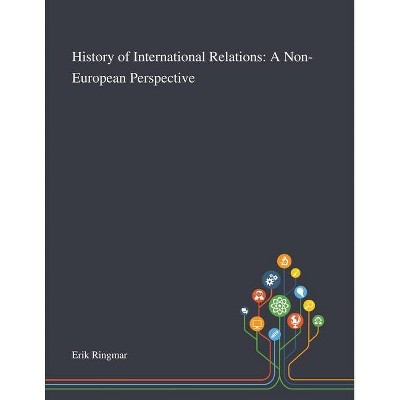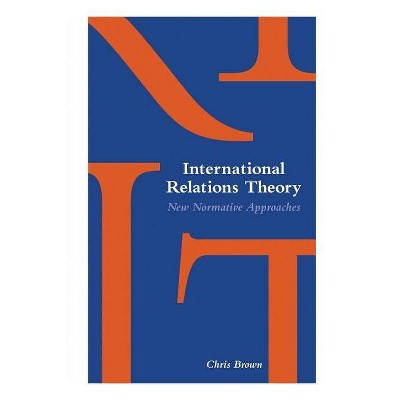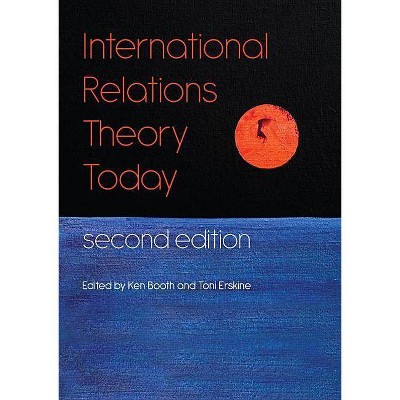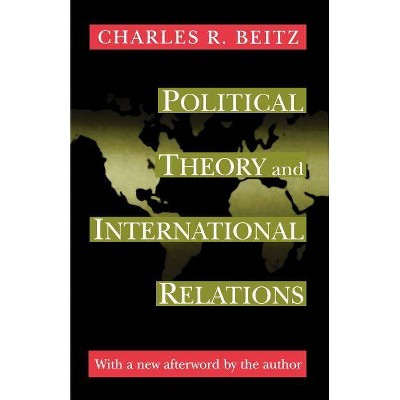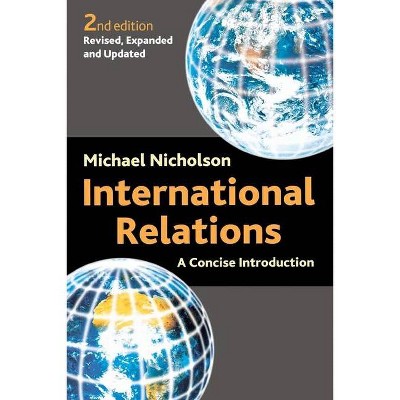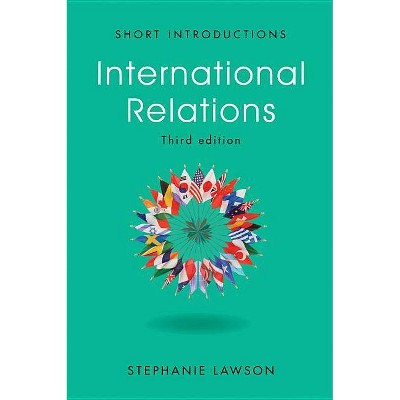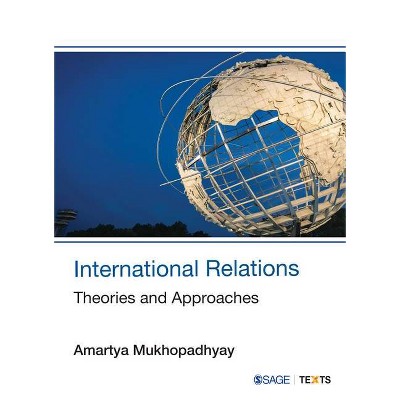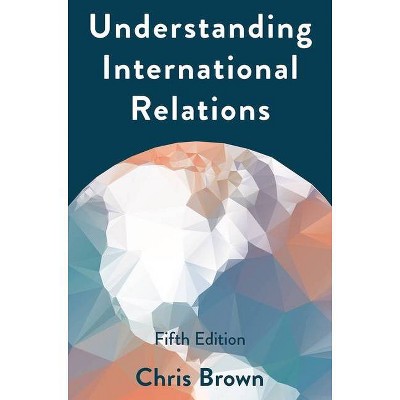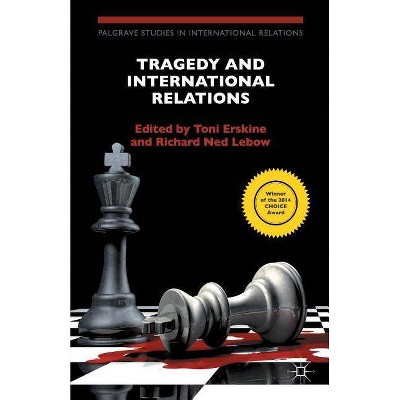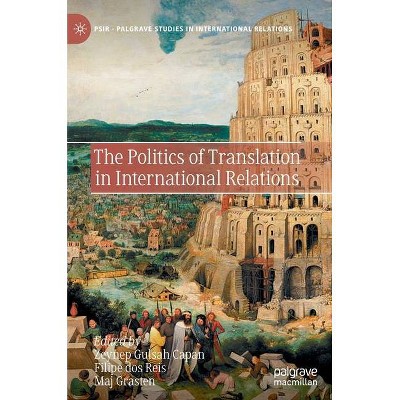A History of International Relations Theory - 3rd Edition by Torbjorn Knutsen (Paperback)
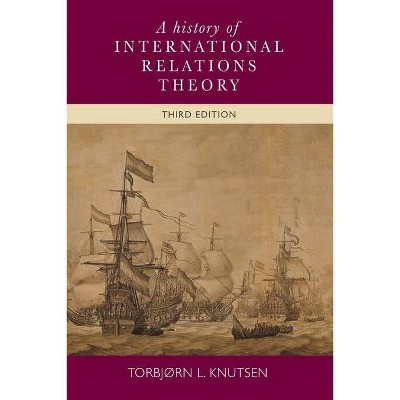
Similar Products
Products of same category from the store
AllProduct info
<p/><br></br><p><b> About the Book </b></p></br></br>This new edition of a hugely popular title traces discussions about international relations from the middle ages up to the present times. It presents central concepts in historical context and shows how ancient ideas still affect the way we perceive world politics.<p/><br></br><p><b> Book Synopsis </b></p></br></br>This introduction to International Relations theory, now in its third edition, shows how discussions of war, wealth, peace and power stretch back well over 500 years. It shows how ancient ideas still effect the way we perceive world politics. By placing international arguments, perspectives, terms and theories in their proper historical setting, it traces the evolution of International Relations theory in context. Beginning with the emergence of the territorial state in the Middle Ages, the book follows the international ideas of sages, statesmen and scholars. It discusses early theories about the sovereign nature of the state. It demonstrates how contract philosophers like Hobbes, Locke and Rousseau paved the way for the modern analysis of international relations. It shows how Enlightenment theorists followed up with balance-of-power theory and perpetual-peace projects. It seeks to demonstrate that the contemporary science of International Relations is the outcome of a long evolution and how its core concepts and major theories have been deeply affected by international events along the way while also showing that basic ideas have remained remarkably constant over the centuries. This has been a top selling title for a number of years and this new edition is keenly awaited.<p/><br></br><p><b> From the Back Cover </b></p></br></br>The third edition of this accessible and popular text presents International Relations (IR) arguments and ideas in historical context. It shows how international events spark discussions about war, wealth, peace and power and how these discussions in turn fuel the rise of theories. The book traces international theories across the centuries - from medieval times until present day - and shows that many old ideas live on and continue to affect the way we perceive world affairs today. Theologians like Augustine and Aquinas wrestled with the nature of the state and laid down rules of war that are still in use. Renaissance humanists like Machiavelli and Bodin developed our secular understanding of state sovereignty. Contract philosophers like Hobbes, Locke and Rousseau introduced concepts that laid the basis for the scholarly field of IR. Enlightenment thinkers followed up with balance-of-power theories, perpetual-peace projects and visions of trade and peaceful interdependence. Such classic theories have been steadily refined by later thinkers - by Marx, Mackinder and Morgenthau, by Waltz, Wallerstein and Wendt - who laid the foundation for the contemporary science of IR. This book tells the story of IR. It shows how major events shaped particular theories and how these theories often reflected the concerns of the Great Powers of days past. Yet, it also makes clear that although the world has changed a good deal over the last 500 years, some basic ideas have remained remarkably constant over time.<p/><br></br><p><b> About the Author </b></p></br></br>Torbjørn L. Knutsen is Professor in International Relations at the Norwegian University of Science and Technology
Price History
Cheapest price in the interval: 35.95 on November 8, 2021
Most expensive price in the interval: 35.95 on December 20, 2021
Price Archive shows prices from various stores, lets you see history and find the cheapest. There is no actual sale on the website. For all support, inquiry and suggestion messagescommunication@pricearchive.us
